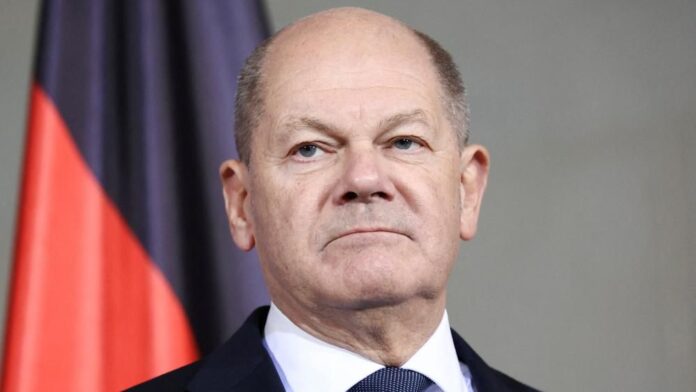German Chancellor Olaf Scholz suffered a major political blow after losing a confidence vote in the Bundestag on Monday, forcing the country into snap elections seven months ahead of schedule. The vote comes as Scholz’s already fragile coalition government collapsed, sparking a political crisis in Europe’s largest economy, as reported by Al Jazeera.
In the 733-member Bundestag, only 207 lawmakers supported Scholz, while 394 voted against and 116 abstained. Scholz fell far short of the 367 votes required to maintain his majority. As a result, snap elections for a new parliament are now scheduled for February 23.
A Fractured Coalition and Collapse
The political turmoil began after Scholz fired Finance Minister Christian Lindner in November. Lindner’s Free Democrats (FDP), a pro-business party, retaliated by quitting the coalition, stripping Scholz of his parliamentary majority. The governing coalition originally consisted of Scholz’s centre-left Social Democrats (SPD), the Greens, and Lindner’s FDP.
For now, Scholz’s SPD and the Greens will continue to govern without parliamentary backing until a new government is formed.
International Reactions
The political crisis has drawn international attention, with Tesla CEO Elon Musk publicly criticizing Scholz. Musk posted in German on X, calling Scholz a “fool” with the phrase: “Olaf ist ein Narr.”
A Clash of Visions: Growth vs Austerity
The collapse of the coalition followed months of disputes over fiscal priorities and debt spending. In a heated debate with Christian Democratic Union (CDU) leader Friedrich Merz, Scholz framed the upcoming elections as a choice between investment and growth versus austerity and spending cuts.
Scholz argued, “Short-sightedness might save money in the short term, but the mortgage on our future is unaffordable.”
On the other hand, Merz accused Scholz of irresponsible spending and failing to deliver on defense promises following Russia’s invasion of Ukraine.
Current Polling Landscape
The CDU holds a strong, though narrowing, lead of 10 percentage points over the SPD in most polls. The far-right Alternative for Germany (AfD) now polls slightly ahead of Scholz’s party, while the Greens trail in fourth place.
While mainstream parties, including the SPD and CDU, have refused to collaborate with the AfD, the party’s growing presence further complicates German parliamentary politics, increasing the likelihood of fragmented coalitions similar to Scholz’s outgoing government.
Scholz’s Next Steps
Before the February elections, Scholz has outlined urgent measures, including:
- 11 billion euros ($11.6 billion) of tax cuts
- An increase in child benefits
A Defining Moment for Germany
The upcoming elections are poised to reshape Germany’s political future, with Scholz fighting to retain power amid growing dissatisfaction, while conservatives, led by Merz, prepare to take the helm.


